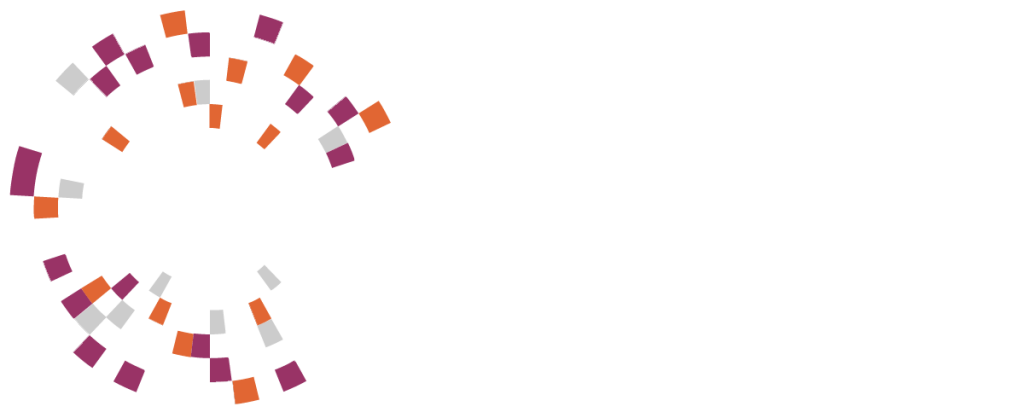Introduction
Identifying and recruiting experts is a critical and nuanced endeavor for an expert network. Expert networks play a crucial role as facilitators of knowledge exchange, connecting professionals seeking specialized insights with experts possessing the requisite expertise. This comprehensive exploration delves into expert networks’ multifaceted strategies for discovering, engaging, and vetting experts. From proprietary databases to networking and referrals, leveraging online platforms, academic partnerships, and custom recruiting, we examine each facet of this landscape.
Proprietary Databases: The Foundation of Expert Networks
The proprietary databases are curated repositories housing experts across diverse industries and disciplines. These databases form the foundation of expert networks, categorizing individuals based on industry sectors, specific expertise, and professional experience. The experts within these databases are the ones who have previously collaborated with the network or recruited to participate in consultations. This organized categorization facilitates swift and targeted expert identification.
Networking and Referrals: Nurturing Professional Relationships
Networking, referrals, and custom recruiting emerge as a cornerstone in recruiting industry experts. Expert networks establish relationships within professional communities, run referrals, and custom-recruit industry experts from premium database subscriptions and other sources. Recommendations from trusted professionals carry substantial weight, providing a robust method for identifying individuals with specialized knowledge. Active participation in industry-specific events, conferences, and academic associations further expands networks, offering numerous networking opportunities to discover potential experts.
Leveraging Online Platforms and Directories: The Digital Landscape
Expert networks harness the power of online platforms, professional directories, and academic databases like LinkedIn, D&B, and scholarly journals for identifying experts based on their profiles, publications, and professional affiliations. This strategy allows for a comprehensive and up-to-date understanding of potential experts, enabling networks to tap into the vast digital expertise landscape.
Collaboration with Recruitment Agencies: Tapping into Professional Networks
Strategic collaboration with recruitment agencies significantly enhances expert networks’ reach. Recruitment agencies maintain extensive networks and databases of professionals across various industries. This collaboration provides expert networks access to a broader pool of potential experts, expanding their reach beyond traditional channels and diversifying the expertise available to clients.
Educational Partnerships: Bridging the Gap Between Research and Industry
The expert networks partner with universities and research institutions, getting direct access to academic experts. The partnership with academic experts is precious when seeking expertise in specialized or cutting-edge fields. Educational partnerships provide a conduit for networks to engage with professors, researchers, and industry experts, bridging theoretical knowledge and practical application.
In-House Research Teams: A Dedicated Pursuit of Expertise
In-house research teams are often integral to expert networks, spearheading the identification and vetting of potential experts. These teams utilize online research, industry reports, and professional networks to uncover and evaluate individuals with relevant expertise, ensuring a thorough and nuanced approach to expert identification.
Publications and Thought Leadership: Recognizing Thought Leaders
The expert networks identify the relevant experts and thought leaders through their contributions to publications, journals, and articles. Expert networks proactively monitor industry publications, media outlets, and digital platforms to shortlist professionals making significant contributions to their respective domains. This approach recognizes thought leaders and those shaping industry discourse.
Expert Recommendations: Harnessing the Power of Peer Endorsements
Word-of-mouth endorsements within the expert community carry considerable weight. Existing experts within the network often recommend colleagues or acquaintances with the requisite knowledge and experience. These recommendations serve as valuable introductions to potential experts, providing a trusted channel for identifying individuals with proven expertise.
Industry Events and Conferences: Active Participation in Knowledge Hubs
Participation in industry events and conferences is a proactive strategy for expert networks. The representatives actively engage in these events to identify potential industry experts, and they serve as knowledge hubs.
The Vetting Process: Ensuring Expertise and Alignment
The expert networks have a meticulous vetting process, which the onboarded experts go through. The vetting process ensures that the expert’s expertise, experience, and willingness to participate align with the expert network standards and the specific needs of their clients. The vetting process is a critical step in maintaining the quality and relevance of the expertise offered by the network.
About Liquid Sample
Liquid Sample is a qualitative research and expert interviewing firm founded in 2010. We leverage precise database matching and strategic custom recruiting to help our clients onboard the best-fit B2B respondents. Our services include senior executive interviewing, expert network interviewing, and stakeholder research using quantitative, qualitative, and mixed-mode methods.
Our unwavering commitment to providing high-quality insights powered by accurate data has enabled us to respond to our client’s most critical business needs. With over 13 years of experience, Liquid Sample has consistently delivered exceptional results and provided reliable and actionable insights to give you a competitive edge in the market.
Conclusion: The Dynamic Landscape of Expert Identification
Identifying experts requires digital sophistication, personal connections, and a keen understanding of industry landscapes. By embracing these diverse and strategic approaches, expert networks navigate the complex terrain of expertise, ultimately connecting clients with the most suitable and knowledgeable professionals. As industries evolve, expert networks will continue to refine and adapt these strategies to remain at the forefront of knowledge and insight, ensuring their clients receive unparalleled expertise for informed decision-making.


















